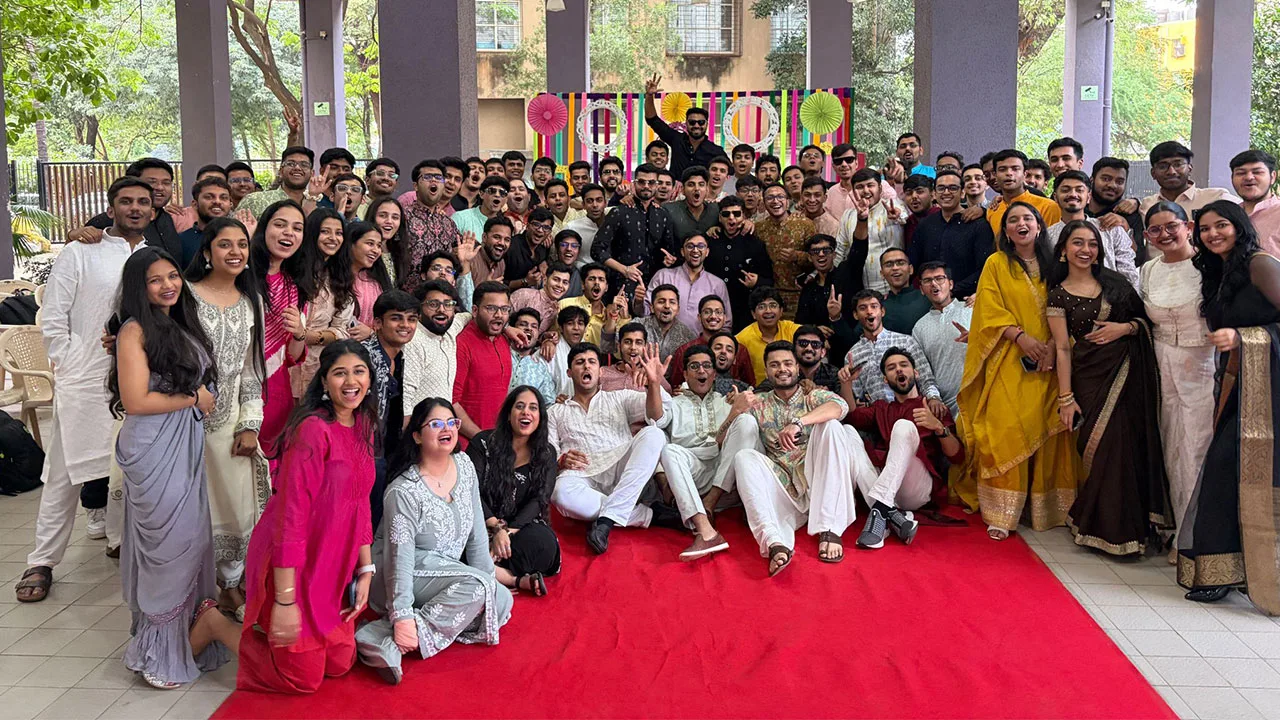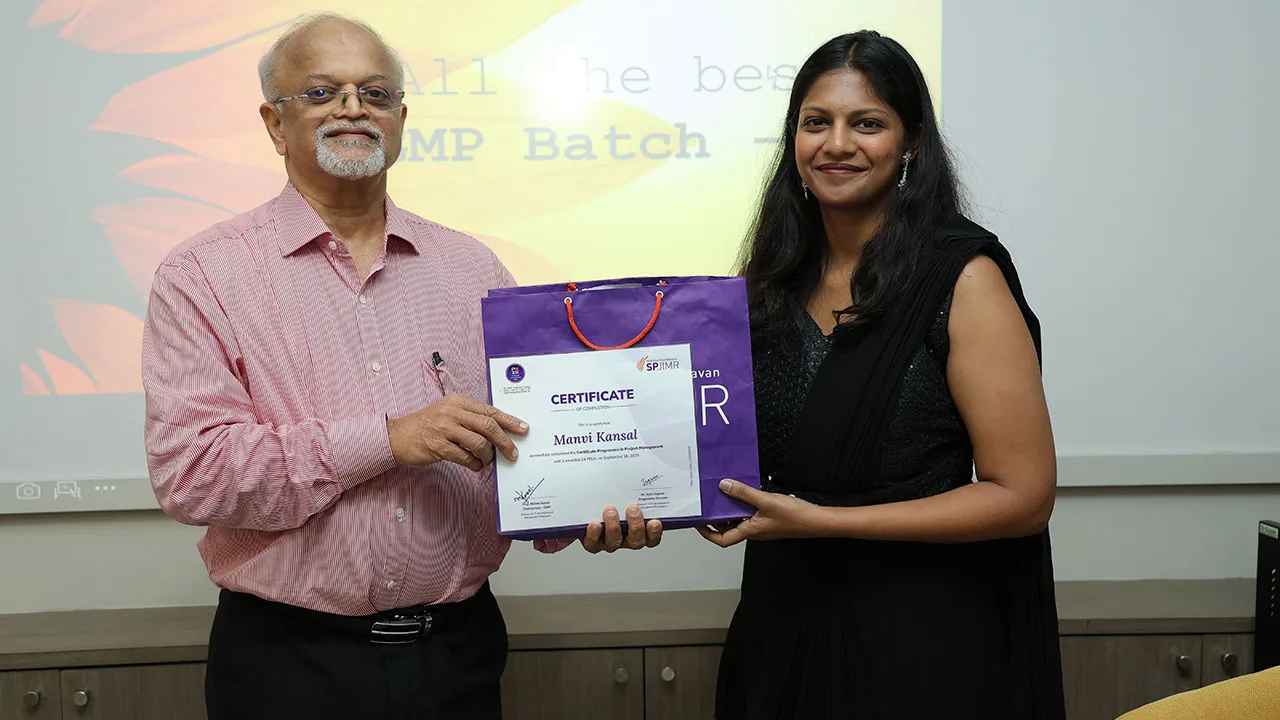Find the programme that meets your requirements and aspirations.
Apply nowStudent blogs
- SPJIMR
- Blog
- #DoCCDiaries: In the goddess’s shadow: Voices from Durga Pujo
#DoCCDiaries: In the goddess’s shadow: Voices from Durga Pujo
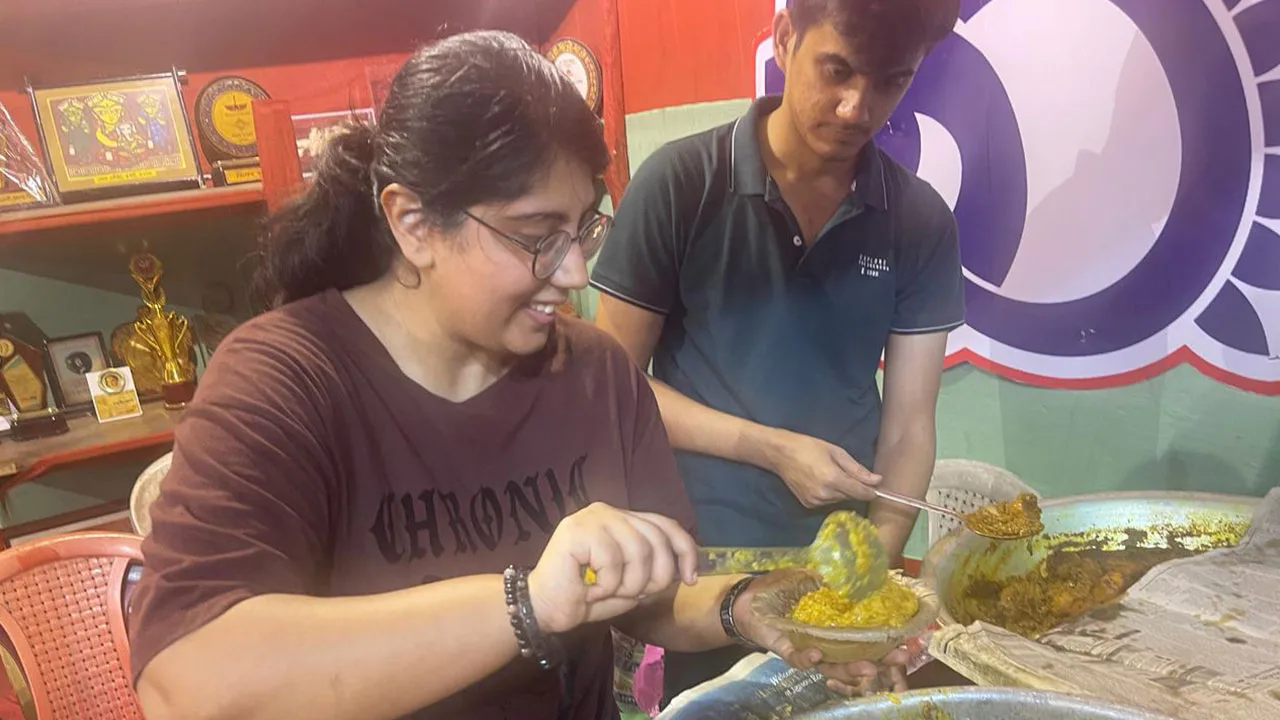
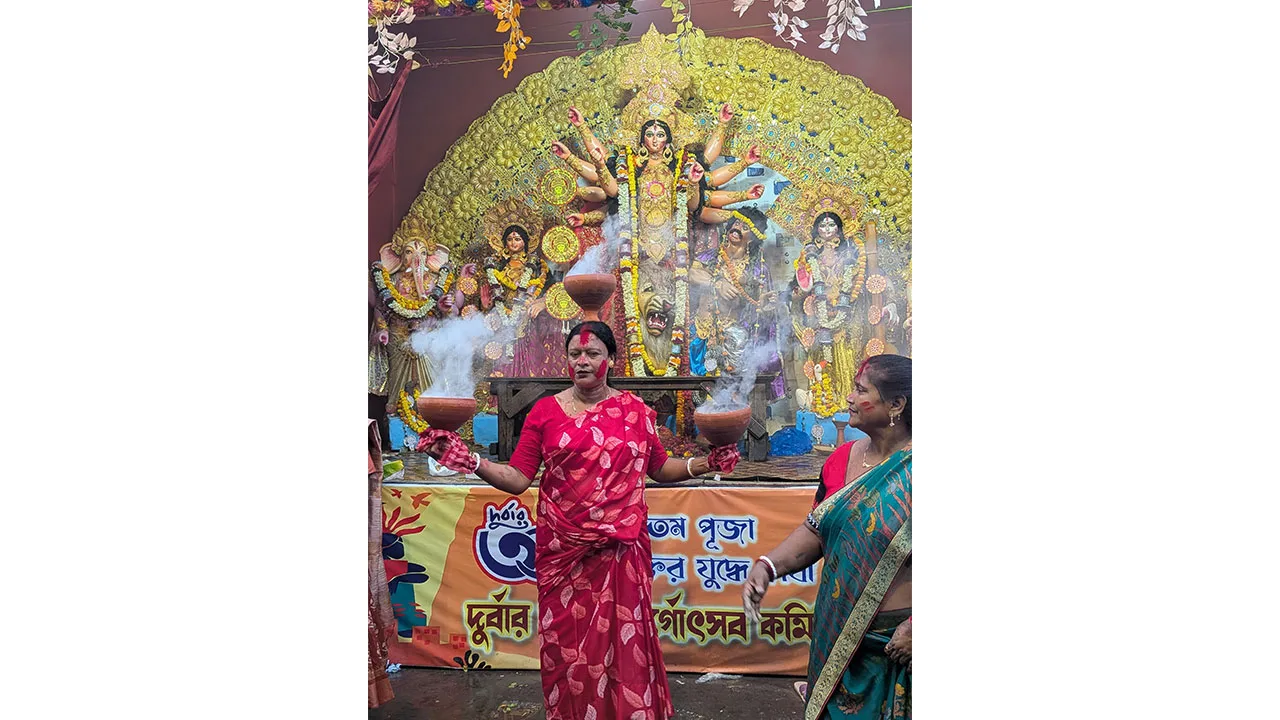
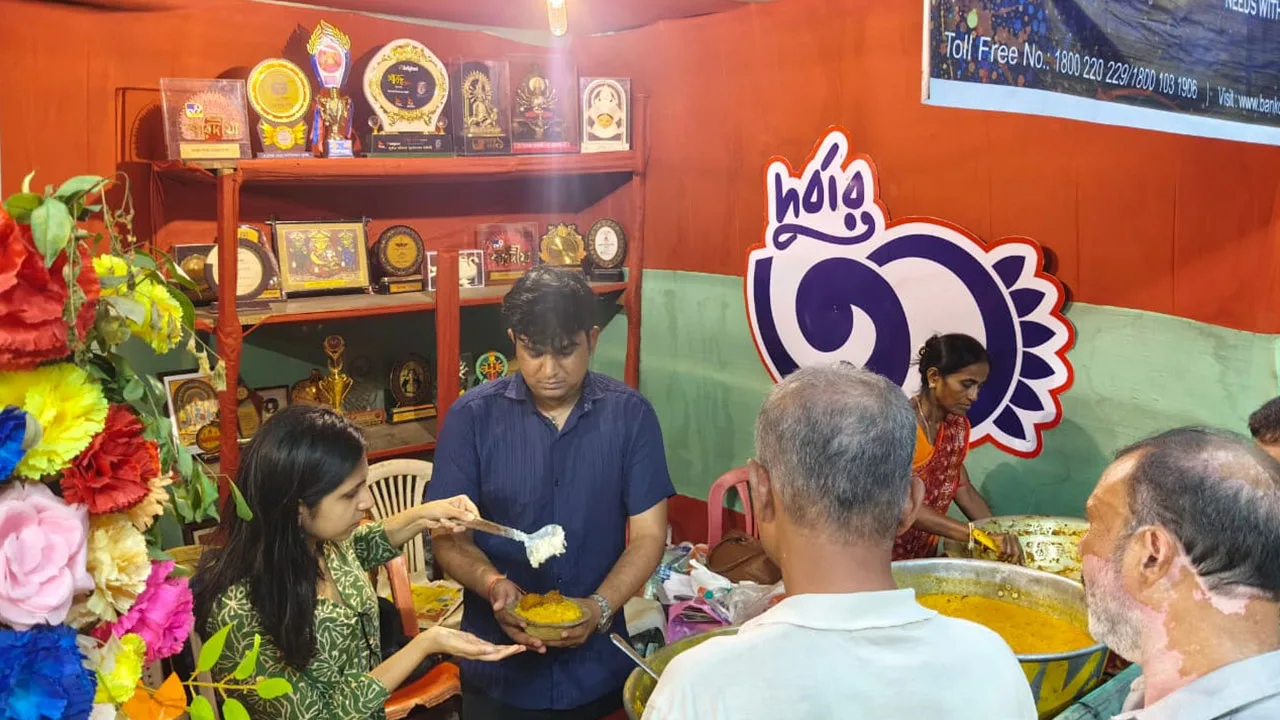
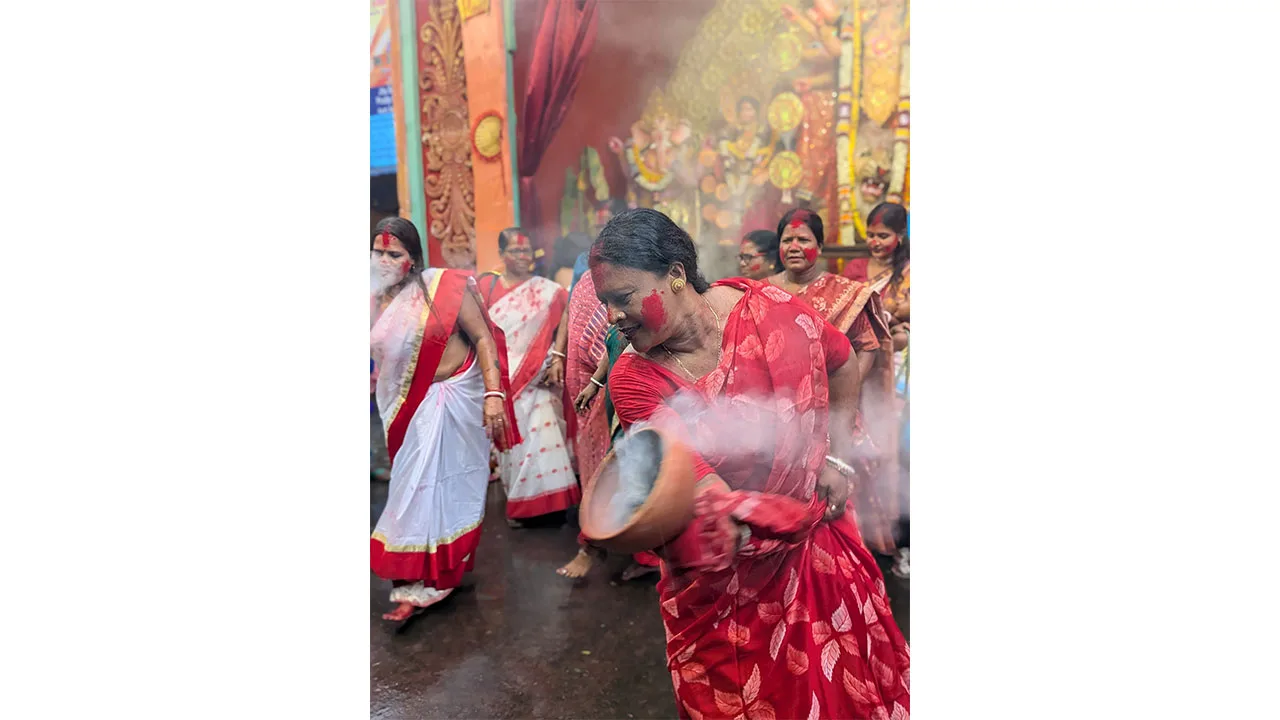
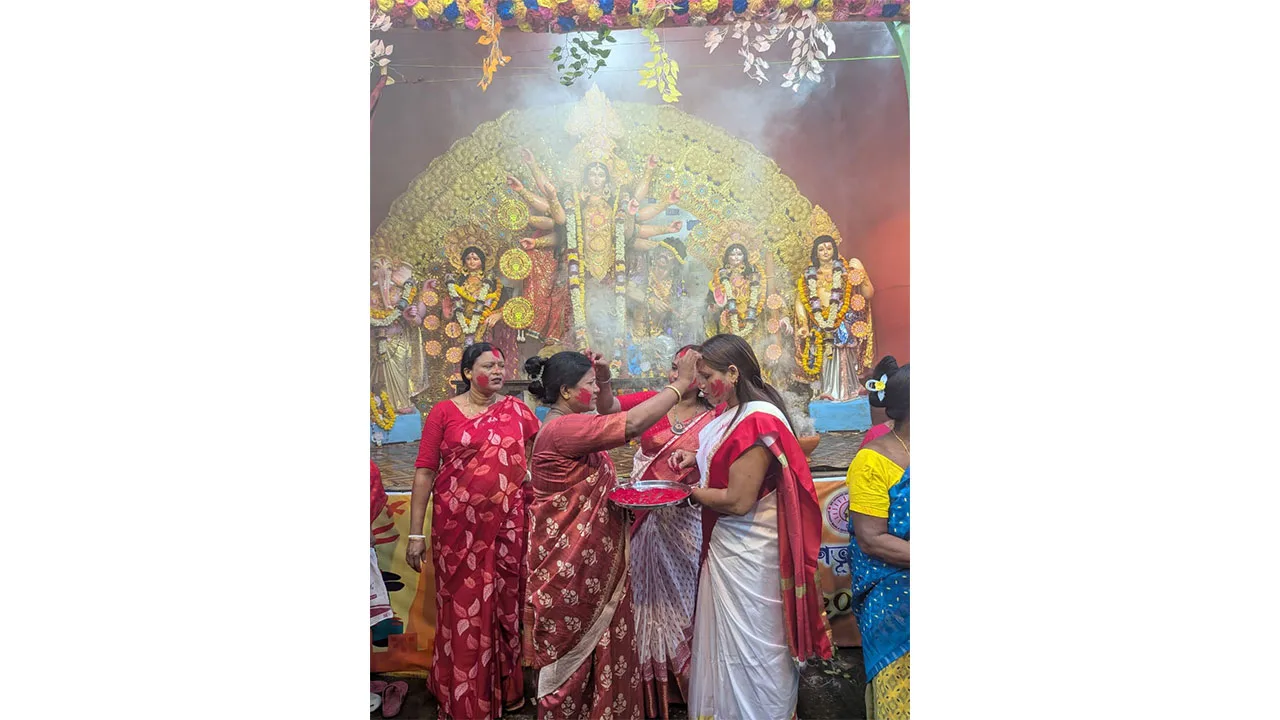
Durga Pujo in Kolkata, recognised by UNESCO as an Intangible Cultural Heritage of Humanity, is more than a celebration of faith—it is a living canvas of Bengal’s culture, economy, and social realities.
Vaishnavi Kollapudi, Yukta Kanani, Tanay Ranjan, Malvika Kushwah, Manan Anand, Lipika Tripathi, Navya Goyal, Harshwardhan Mittal and Arjun Malik offered us a front-row view of how Durga Pujo itself is evolving. In 2025, sustainability has emerged as a new form of devotion. Committees such as Tala Prattay have introduced a zero-waste, waste-to-fuel initiative, while Tridhara, Maddox Square, and Kalighat Yubamaitri have pledged to go plastic-free. Lalabagan Nabankur even built an aquarium-themed pandal from over three lakh discarded plastic bottles—turning waste into awareness.
Equally striking is the economic pulse of Pujo. For the artisans of Kumartuli, lighting experts, fabric traders, street vendors, and food stalls, these weeks mark the busiest and most crucial time of the year. Corporate sponsorships and tourism amplify its reach, turning Durga Pujo into both a cultural celebration and an engine of livelihood.
At the heart of one of its oldest rituals lies a symbolic practice: collecting soil from the doorsteps of brothels such as Sonagachi, where the Durbar Mahila Samanwaya Committee—the organisation hosting Lipika Tripathi, Arjun Malik, Harshwardhan Mittal, and Navya Goyal—is based. The belief holds that when men enter these spaces, they leave behind their virtue, making the soil ‘sacred’. When this soil is mixed into the clay that forms the goddess, a place long burdened with stigma is transformed—if only symbolically—into one of reverence.
As they shared, “Our experience revealed a deeper truth: festivals have the power to unite, include, and transform. But inclusion must move beyond symbolism. The soil of Sonagachi should not only sanctify the goddess—it should also dignify the women who live there. Perhaps understanding itself begins here—by listening to voices long unheard and recognising that those who shape and sustain our culture must be valued not just in ritual, but in reality.”
Development of Corporate Citizenship (DoCC), pioneered by SPJIMR over 30 years ago, is a mandatory initiative that builds participants’ sensitivity towards societal issues. Through immersive social internships across India and South Asia, participants apply management learning to real-world community challenges. Focused on sustainability, futures, and community, DoCC also hosts events connecting corporates, civil society, and the development sector. Recognised as a vital part of SPJIMR’s pedagogy, it shapes socially conscious leaders who drive meaningful, inclusive change.
About Post Graduate Diploma in Management (PGDM)
SPJIMR’s Post Graduate Diploma in Management (PGDM) is a two-year, full-time residential programme equivalent to an MBA. PGDM is approved by AICTE, accredited by NBA and AMBA, UK and consistently rates among India’s top 10 management programmes. The programme offers a holistic approach to leadership development with its innovative blend of classroom learning and thoughtfully curated immersive experiences.


